
I. Reducing Feed Water pH:
The pH of the solution affects not only the properties of solutes, such as their charge, but also the characteristics of the membrane surface. By adding sulfuric acid or hydrochloric acid to lower the feed water pH to 6.1–6.5, carbonate hardness is converted to non-carbonate hardness, which has higher solubility. This is very effective in controlling scaling and simultaneously extends the service life of the membrane elements.
II. Using Antiscalants (Scale Inhibitors):
Antiscalants are added to prevent the precipitation of silica (SiO2) and calcium, barium, strontium sulfates, etc. Antiscalants are automatically dosed by a metering pump into the feed stream of the DTRO membrane. The mechanism of antiscalants is generally explained by the following theories:
Antiscalants bind to cations at the growth sites on already formed crystals, inhibiting further crystal growth.
During crystal growth, due to the influence of the charge of the adsorbed agent and hydration water, the precipitated particles acquire properties that promote their dispersion in water, making it difficult for charged particles to deposit in the stagnant boundary layer.
III. Using Non-Oxidizing Biocides to Inhibit Microbial Growth.
IV. Using polybutadiene acid or polyacrylic acid, where one carboxyl group of the molecule binds to the colloid, and the other carboxyl group interacts with the water phase, thereby dispersing the colloids in the water.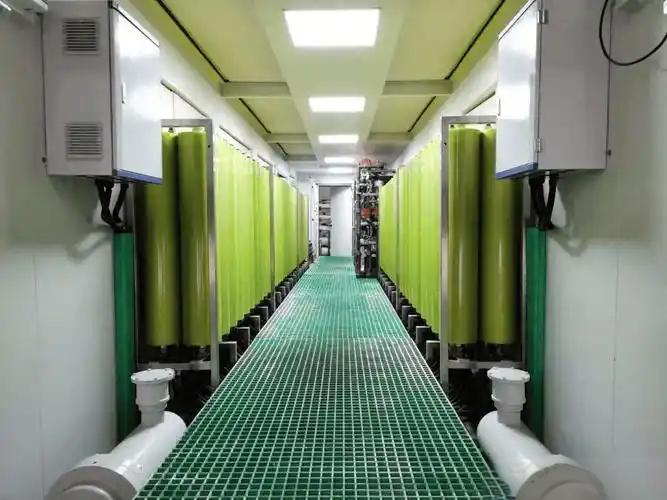
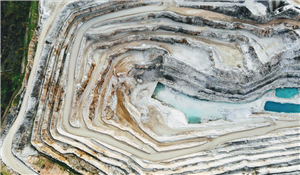
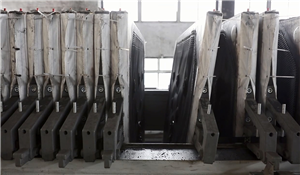
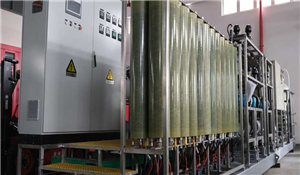
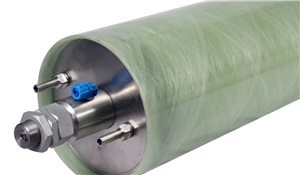
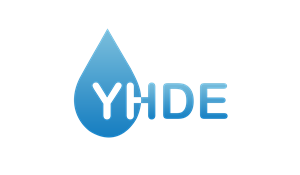


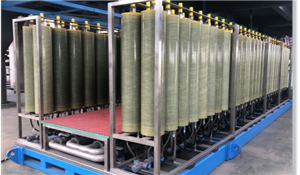
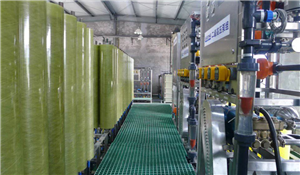
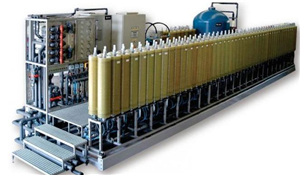


Henan Yuanhede Industrial Technology Co., Ltd.
East Industrial Park, Yuzhou City, Henan Province, China.
(+86)139 3822 7726
info@yhdegroup.com
www.yhdegroup.com